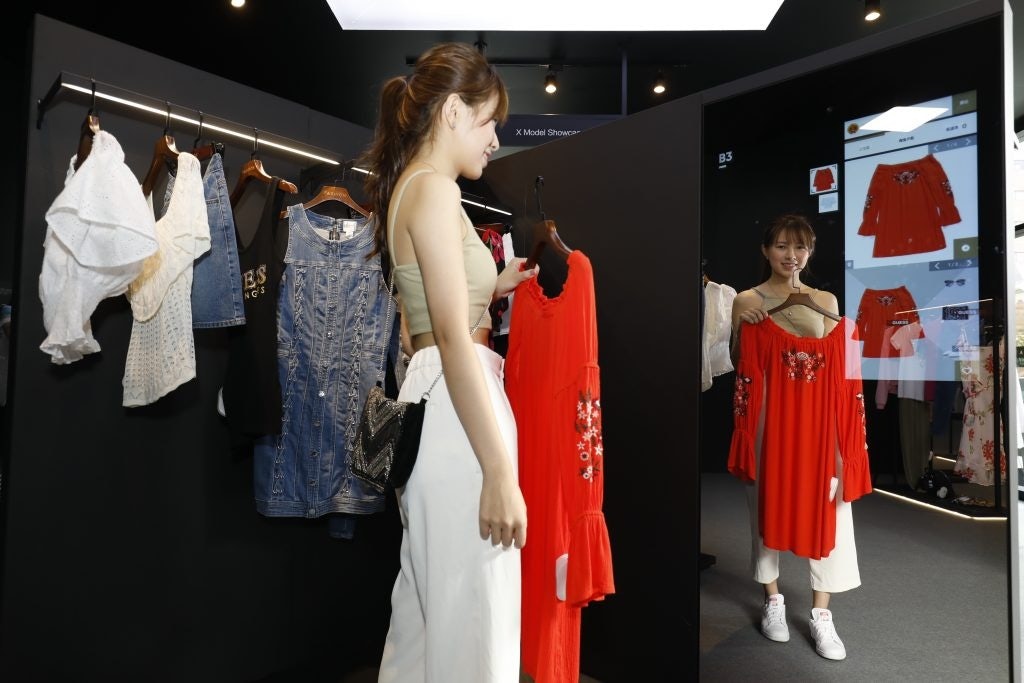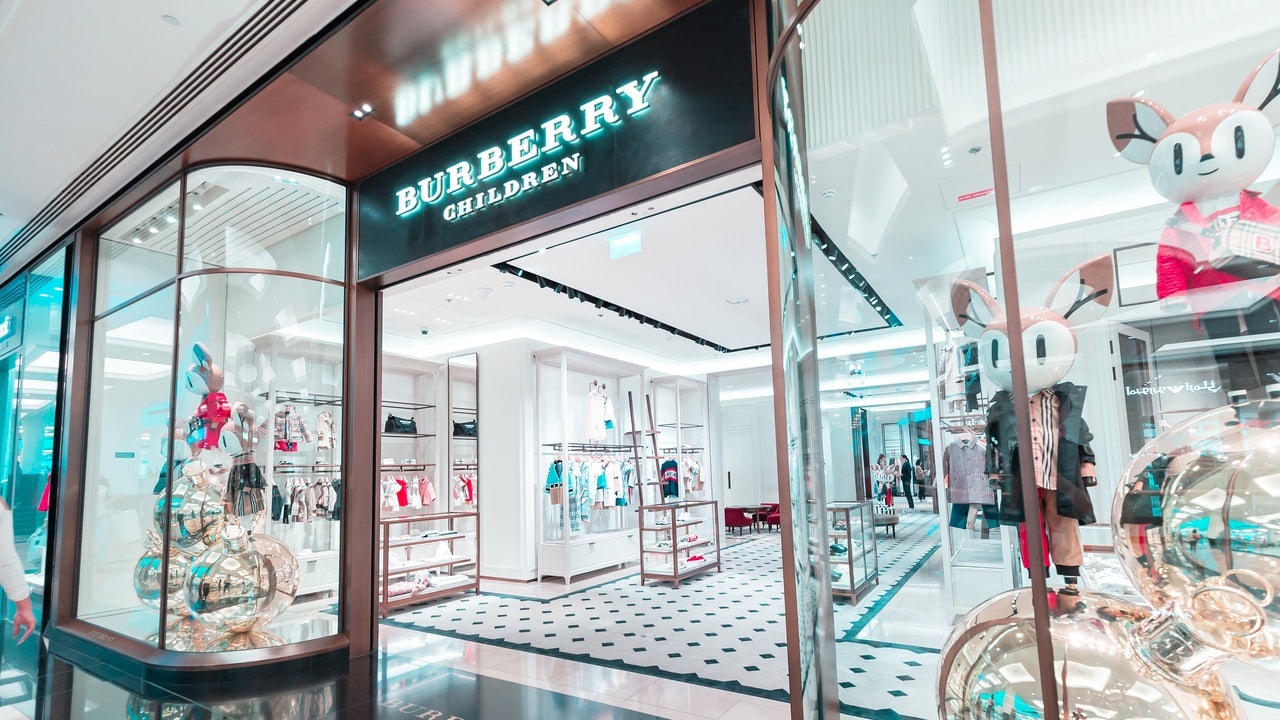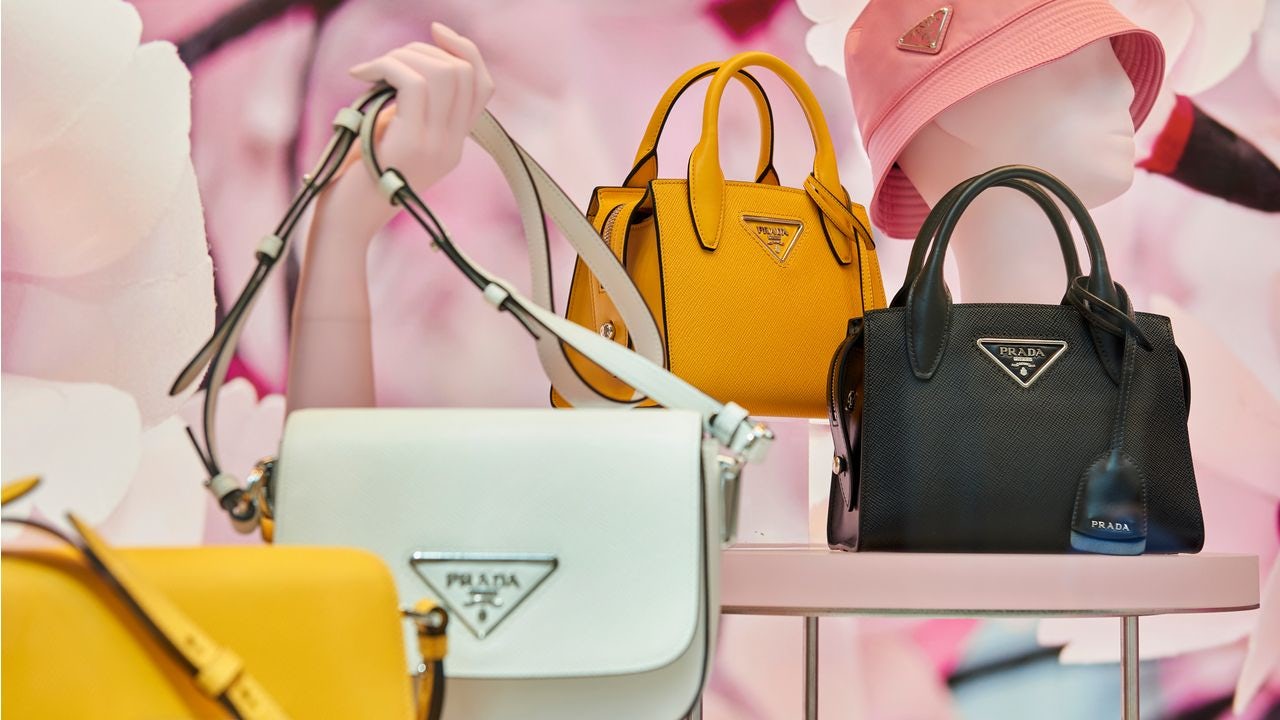Key takeaways:#
Burberry uses artificial intelligence to identify fakes and counterfeit products.
Prada makes use of sophisticated artificial intelligence solutions to support its marketing efforts and deliver a more rewarding and perfectly tailored experience to its shoppers.
Alibaba employs machine learning and AI in its customer-centric marketing efforts.
Using high-tech tools to reduce costs, improve efficiency, and enhance the customer experience has become commonplace. But some luxury players are pushing the limits of innovation by promoting cutting-edge technologies. Take, for example, machine learning, which can help luxury brands leverage their consumer data securely while safeguarding personal information.
Edge AI operates inside each shopper’s mobile device without transferring customer data, according to Globe Newswire and the Luxury Institute. “The security, privacy, personalization, and cost advantages vs. Cloud AI make Edge AI best suited for serving discerning affluent clients who demand privacy and security when they conduct high-value, high-risk, high-investment, and high-emotion decisions and purchases,” says the Luxury Institute press release.
Meanwhile, Burberry, which is a pioneer in the adoption of new technologies, uses artificial intelligence to identify counterfeit products. The British luxury player uses Entrupy's AI-empowered, image-recognition technology, which can assess if a product is real or fake, thanks to its advanced algorithms. Additionally, Burberry uses AI-enabled analytics to improve the customer experience and facilitate a deeper understanding of the shopper.
Another technology employed by Burberry is Radio Frequency Identification (RFID) for inventory management. RFID technology increases visibility and allows brands to track stock availability and improve warehouse efficiency. In the long run, RFID is a more cost-effective option than traditional barcodes, although the system and hardware are high-priced.
Prada uses sophisticated artificial intelligence solutions to enhance the customer journey and gain insight into buying behavior. The Italian luxury brand has adopted Adobe Experience Cloud solutions to support its marketing efforts and deliver a more rewarding and perfectly tailored experience to its shoppers. Prada also partnered with a customer experience management platform named Sprinkler to engage with consumers in the digital space and create the framework for a digital-first culture.
Chinese giant Alibaba employs machine learning and AI in its customer-centric marketing efforts. Virtual-assistant chatbots are equipped to build smart conversations, answer customer inquiries and provide a level of personalization that increases engagement and sales. Additionally, Alibaba has partnered with Guess to launch an AI-equipped store in Hong Kong where shoppers can check-in via their personal Taobao QR codes or facial recognition. The shop also features smart mirrors that offer a consultative experience. These "smart" mirrors consider the customer’s previous purchases and style preferences during use.

One brand that is always ahead of the game is Louis Vuitton. During the pandemic, the French luxury player accelerated its AI use by employing it in product development, supply chain management, and customer support. Louis Vuitton also secured a partnership with Alphabet Inc. to improve forecasting accuracy and enhance stock optimization.
Today, leading luxury labels leverage the power of location intelligence software to determine where to increase their physical footprint. This technology is extremely practical for businesses that want to thrive in a market as vast and diverse as the China market. Reaching customers scattered across the country in large local markets is not an easy endeavor. Consequently, partnerships with Chinese retail giants like Alibaba and JD.com are perfectly suited for Western brands wanting to gain access to location intelligence, which will help them secure geographic information that can later anticipate regional future sales trends. Additionally, location intelligence assists marketing departments with their promotion of geo-targeted ads.
Calculating the real ROI of technology upgrades is more complicated than it seems. While the initial investment in technology innovation comes with prohibitive costs and serious risks, it also accelerates transformation and brings the brand closer to its end-users. Additionally, it can help brands better understand the consumer while creating a successful customer journey map. The consumer insights received from these cutting-edge technologies will empower luxury companies to update their business strategies, allowing them to increase their average transaction size and boost sales and revenues.

